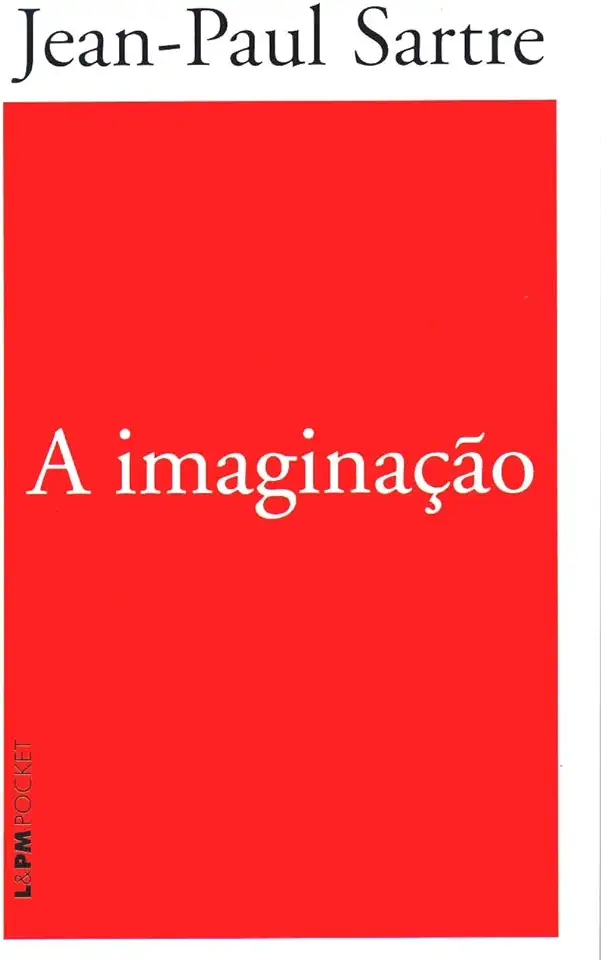
The Imagination - Jean Paul Sartre
The Imagination: A Philosophical Exploration by Jean-Paul Sartre
In his groundbreaking work, "The Imagination," Jean-Paul Sartre delves into the depths of human consciousness, exploring the nature of imagination and its profound impact on our perception of reality. With his characteristic philosophical rigor and existentialist insights, Sartre presents a compelling examination of the role imagination plays in shaping our lives, our relationships, and our understanding of the world around us.
Unraveling the Enigma of Imagination
Sartre begins by unraveling the enigma of imagination, distinguishing it from mere perception and memory. He argues that imagination is not simply a passive reproduction of past experiences or a faithful reflection of external reality. Rather, it is an active and creative force that allows us to transcend the boundaries of the given and envision new possibilities. Through imagination, we can conjure up alternative worlds, explore different perspectives, and break free from the constraints of our immediate circumstances.
Imagination and the Power of Consciousness
Sartre emphasizes the crucial role of consciousness in the process of imagination. He contends that imagination is not a separate faculty of the mind but an integral part of our conscious experience. When we imagine, we are not merely conjuring up mental images; we are actively engaging with the world, interpreting it, and transforming it through the lens of our own subjectivity. Imagination, therefore, is not a passive receptacle of external stimuli but a dynamic force that shapes our perception and understanding of reality.
Imagination and the Construction of Reality
Sartre argues that imagination plays a pivotal role in constructing our reality. Through imagination, we create mental representations of the world, assigning meaning and significance to our experiences. These mental representations, in turn, influence our actions and shape our interactions with others. Imagination, therefore, is not merely a tool for escapism or entertainment; it is a fundamental aspect of human existence that shapes our very understanding of what is real and what is possible.
Imagination and the Realm of Freedom
Sartre sees imagination as a source of liberation and empowerment. By transcending the limitations of our immediate surroundings, imagination allows us to envision alternative realities and explore different possibilities. This, in turn, expands our sense of freedom and opens up new horizons for action. Imagination, therefore, is not a mere mental exercise but a powerful tool for personal growth and transformation.
Imagination and the Human Condition
Sartre concludes his exploration of imagination by reflecting on its significance in the context of the human condition. He argues that imagination is not a luxury reserved for a privileged few but an essential aspect of being human. Through imagination, we can transcend our limitations, create new meanings, and shape our own destiny. Imagination, therefore, is not merely a cognitive faculty but a fundamental existential force that defines our humanity.
Why You Should Read "The Imagination"
"The Imagination" by Jean-Paul Sartre is a must-read for anyone seeking a deeper understanding of human consciousness, creativity, and the nature of reality. Sartre's profound insights into the workings of imagination will challenge your assumptions and open up new perspectives on the world around you. This philosophical masterpiece is a testament to the power of imagination and its transformative impact on our lives.
Purchase Your Copy Today!
Don't miss out on this opportunity to embark on an intellectual journey that will change the way you think about imagination and its role in shaping our reality. Get your copy of "The Imagination" by Jean-Paul Sartre today and immerse yourself in the depths of human consciousness.
Enjoyed the summary? Discover all the details and take your reading to the next level — [click here to view the book on Amazon!]